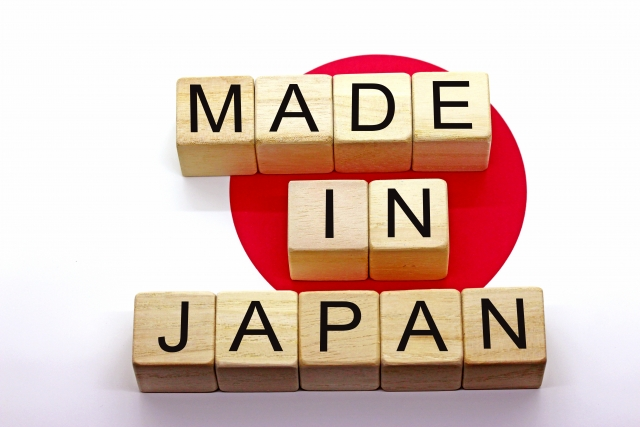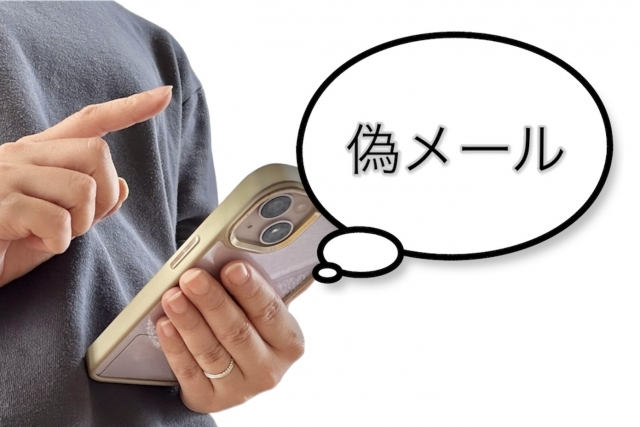Category: Business in Japan
-

Understanding the Cultural Gap in Result-Oriented Thinking
In business, everyone is result-oriented. That’s a given. Whether it’s one hundred out of one hundred companies or people, the reality is the same—effort alone doesn’t mean much. This isn’t school. If results don’t follow, businesses fail and employees are left without security. That said… In Japan, it’s rare to hear someone say, “We’re result-oriented.”…
-

Why Promising Startups Don’t Always Succeed
Recently, we attended an event hosted by the Japan Association of New Economy, where ten up-and-coming startups gave short presentations about their businesses. Each one introduced an innovative concept that made us think, “That’s brilliant! This could be huge!” Naturally, these startups were carefully selected, and the judges must have chosen only those they truly…
-

Brand Loyalty and Domestic Preference in Japan
Every country has some level of brand loyalty and domestic preference, but in Japan, both are especially strong. Let’s start with brand loyalty. While fewer people today blindly worship top French or Italian luxury brands compared to the past, many still take pride in owning and showing off branded goods. And it’s not just luxury…
-

The Challenge of Converting Overseas Inquiries into Contracts
From our experience, inquiries from international clients—especially from the U.S.—rarely convert into contracts compared to those from Japan. Out of ten international inquiries, only one or two typically lead to an actual agreement. In contrast, with Japanese domestic clients, that number is at least double, often more. In other words, with domestic clients, one contract…
-

Why War Metaphors Can Be Detrimental in Business
There was recently an article* that made an interesting point. It seems that when executives use war- or battle-related metaphors, it can negatively impact how they are evaluated by external analysts. According to the research, when such language is frequently used in presentations, the likelihood of receiving a negative analyst report increases by as much…
-

Why Global Business Is Slower Than You Think
Dealing with time differences is always a challenge when doing business internationally. While the time gap with countries like Australia or others in Asia isn’t too severe, it becomes much more difficult with clients in Europe or North America, where day and night are completely reversed. This makes communication tricky. Since the COVID pandemic, web…
-

Having A Strategy is Important
This was spoken about during a mini-course at a business school. It’s simple yet so true: there is no inherently right or wrong strategy. You can’t know the outcome of any strategy until you put it into action. But one thing is clear—there’s a significant difference between having a strategy and not having one. When…
-

Why is LinkedIn Not Popular in Japan
We often get asked by overseas clients why LinkedIn, so widely used by professionals in the West, isn’t as popular in Japan. There are a few likely reasons: Japan’s Unique Business Culture Japan has a strong tradition of lifetime employment, where people place a high value on building connections within their own companies rather than…
-

Request for Unified Image
When working in marketing for large Western companies, there’s often a strong emphasis on maintaining a unified brand image. This is especially true for high-end fashion brands, but it also applies to B2B IT companies. In these companies, there are strict rules about logo usage, color schemes, photos, and layouts. For instance, when a European…
-

Direct Naming of Products
One of the coffee shops near our office has a morning-only menu called “Quick Serve Coffee” As the name suggests, they pour the coffee into a cup and serve it right away, making it perfect for those busy mornings when you’re short on time. The name is straightforward —it requires no explanation and is easy…
-

“Merchandise Never Arrived” E-mail Scam
One of our customers, who operates an online store in English, received an email from an overseas user stating, “I paid for my order but haven’t received it. Please investigate.” Upon reading it, the message described completing the purchase process on the online shop and reaching the confirmation screen, but no further communication was received,…
-

Services Unable to Keep up With Rapid Growth
We heard a conversation like this: “I signed a contract with that company that does TV commercials because their sales are enthusiastic, but their support afterward is terrible!” and it really hit home. Over a decade ago, a service from the United States made a huge splash in Japan and grew rapidly. We had a…
-

International and Domestic Image
Japanese companies often tout their “international” status by prominently featuring images of blondes and white people, much like the example above. We see this approach used frequently, especially by firms involved in international trade, across their clients’ websites, brochures, and even in pre-Internet era TV commercials. On the other hand, how do Western companies approach…
-

Excluding Your Rival’s Brand Name
This gets a bit technical. When you search on Google, the links labeled “sponsored” at the top are paid ads that we pay Google to show. It works like this: you choose a keyword when placing an ad, and your ad appears when someone searches for that keyword. You get charged when someone clicks on…
-

The Necessity of Marketing
It’s quite common in Japan for many companies to have sales teams but no dedicated marketing teams. Even among large companies with 1,000 employees, it’s not unusual to find 100 sales staff but no marketing department. At most, there might be a “public relations” department responsible for press releases and advertisements. Interestingly, website production often…
-

Native Doesn’t Mean Expert
We often have American contacts review the English we’ve translated or written to ensure its accuracy. Anyone involved in international business has probably encountered this situation at least a few times. If English is written by someone who hasn’t lived in the United States, it might include expressions that native speakers wouldn’t naturally use, even…
-

Personal Appeal
When translating websites for Western companies, we often notice some interesting differences. The other day, while working on the executive introductions for a certain American company, we observed that unlike in Japan, they not only detail their professional roles but also share insights into their personal philosophies and private lives. Similar to Japan, they include…
-

Delivering a Trivial Item – Now and Then
Yesterday, witnessing a delivery person dropping off a file at the neighboring office triggered a memory of an old comedy sketch I used to enjoy. The bit featured a greengrocer cheerfully announcing, “Hello! I’m a greengrocer! I’m here to deliver your order! Today I have one onion for you!” It humorously questioned the practicality of…
-

Time Traditions and Hidden Financial Impact
The convention of starting breaks at noon and salary payments on the 25th of each month is widely observed, particularly in larger corporations in Japan. It’s a norm that many of us accept without much thought. However, the practical implications of these seemingly arbitrary timings can be surprisingly significant. For instance, a long queue is…
-

Japan’s Hesitation Towards Recurrent Education
The concept of “recurrent education,” surprisingly, has not gained widespread recognition in Japan. This term refers to the ongoing process of education that individuals engage in throughout their lives, even after entering the workforce. In Japan, this often takes the form of continuing education without taking time off from work, commonly known as “relearning for…
-

Zombie Companies Increase
Teikoku Databank announced today that the number of companies that are unable to pay their interest out of their core business profits and are extending their lives by asking financial institutions to change terms or receiving government support, so-called “zombie companies”, has rapidly increased to 250,000, approaching the all-time high. This is probably because excessive…


